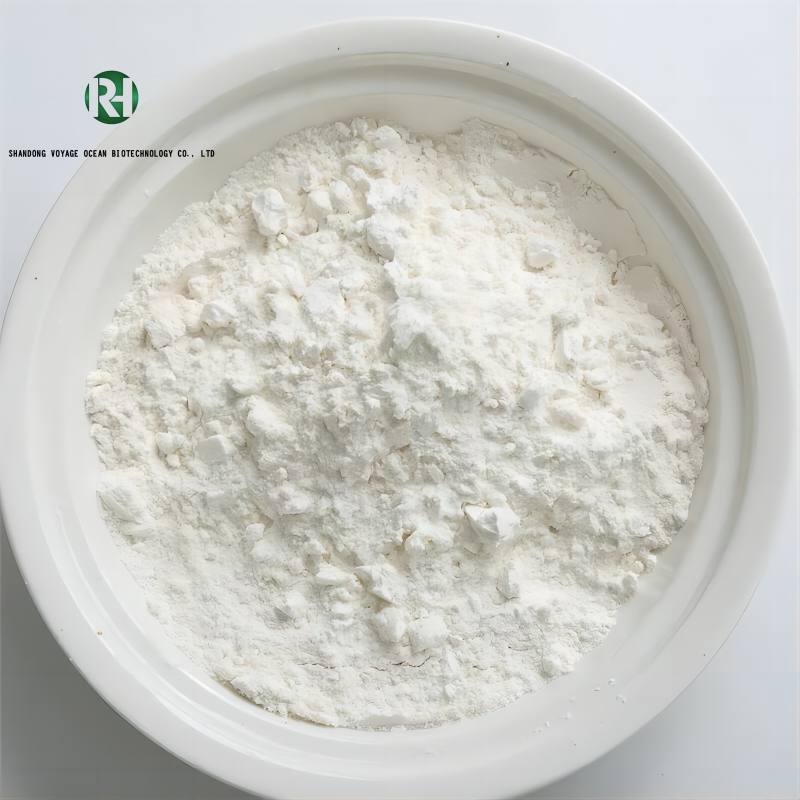-
Categories
-
Pharmaceutical Intermediates
-
Active Pharmaceutical Ingredients
-
Food Additives
- Industrial Coatings
- Agrochemicals
- Dyes and Pigments
- Surfactant
- Flavors and Fragrances
- Chemical Reagents
- Catalyst and Auxiliary
- Natural Products
- Inorganic Chemistry
-
Organic Chemistry
-
Biochemical Engineering
- Analytical Chemistry
- Cosmetic Ingredient
-
Pharmaceutical Intermediates
Promotion
ECHEMI Mall
Wholesale
Weekly Price
Exhibition
News
-
Trade Service
September 18, 2020 // -- In a recent study published in the international journal Lancer Research, scientists from Oxford University and others studied nearly 400,000 people in the UK and found a link between elevated levels of growth factor IGF-1 and an increased risk of thyroid cancer in the population, as well as a link between elevated levels of IGF-1 and increased risk of breast, prostate and colorectal cancer, as previously found.
picture source: Dr. Research by Triche National Cancer Institute may help develop new preventive strategies against cancer, including dietary and lifestyle interventions; IGF-1, or insulin-like growth factor-1, can help support normal cell growth and development, which may be induced if it is dysfunctional Cancer: This study is the largest and most comprehensive study to date to analyze the link between IGF-1 levels and cancer risk; the researchers analyzed serum IGF-1 levels collected from nearly 400,000 blood samples from the UK biosagged library between 2006 and 2010.
using NHS data up to 2016, researchers were able to determine which sample donors developed 30 different types of malignancies over an average of seven years, with 23,412 (5.9%) participants, the researchers said. To analyze the association between IGF-1 levels and cancer risk, the researchers adjusted statistical analysis and revised a range of factors, including age, gender, geographic region, physical activity, smoking, alcohol consumption, and hormone replacement therapy (for women).
researcher Anika Knuppel said: 'In this study, we expanded the scope of cancer research to include some rare and less common types of cancer, which could help us determine the link between IGF-1 levels in the body and their risk of thyroid disease in the UK."
The results of this paper confirm previous findings that high levels of IGF-1 are associated with an increased risk of colorectal, breast and prostate cancer, and that, crucially, when IGF-1 is tested, the sample donor is not diagnosed with cancer, which may suggest Increased levels of IGF-1 are likely to play a key role in the development and progression of late-stage individual cancers, however, the researchers have not observed a link between certain types of cancer, including lung, bladder, pancreatic, endometrial and kidney cancers.
Thy seems a bit surprising because IGF-1 is a growth-promoting substance, and the researchers have found that it is associated with an increased risk of multiple cancers, either because the type of cancer involved is less sensitive or because other factors, such as smoking, dominate.
The results of this paper suggest that reducing levels of the body's growth hormone IGF-1 through lifestyle interventions may reduce the risk of a range of cancers, which will require further research by later scientists to confirm whether it is feasible. Knuppel, the
researcher, added that some preliminary studies have shown that higher levels of dairy intake may increase IFG-1 concentrations in the body, and that the next step will be to confirm this in cohort studies, including people from different countries, especially for some rare types of cancer, such as thyroid cancer, and that larger population-based studies are necessary and important to identify potential risk factors.
original source: Anika Knuppel, Georgina K. Fensom, Eleanor L. Watts, et al. Source insulin-like Growth Factor-I Central and Risk of 30 Cancers: Prospective Analytics in UK Biobank, Cancer Research (2020). DOI:10.1158/0008-5472.CAN-20-1281.







